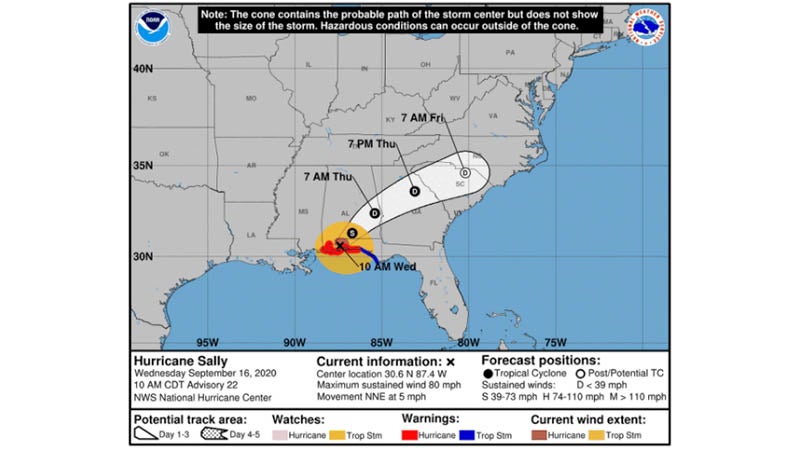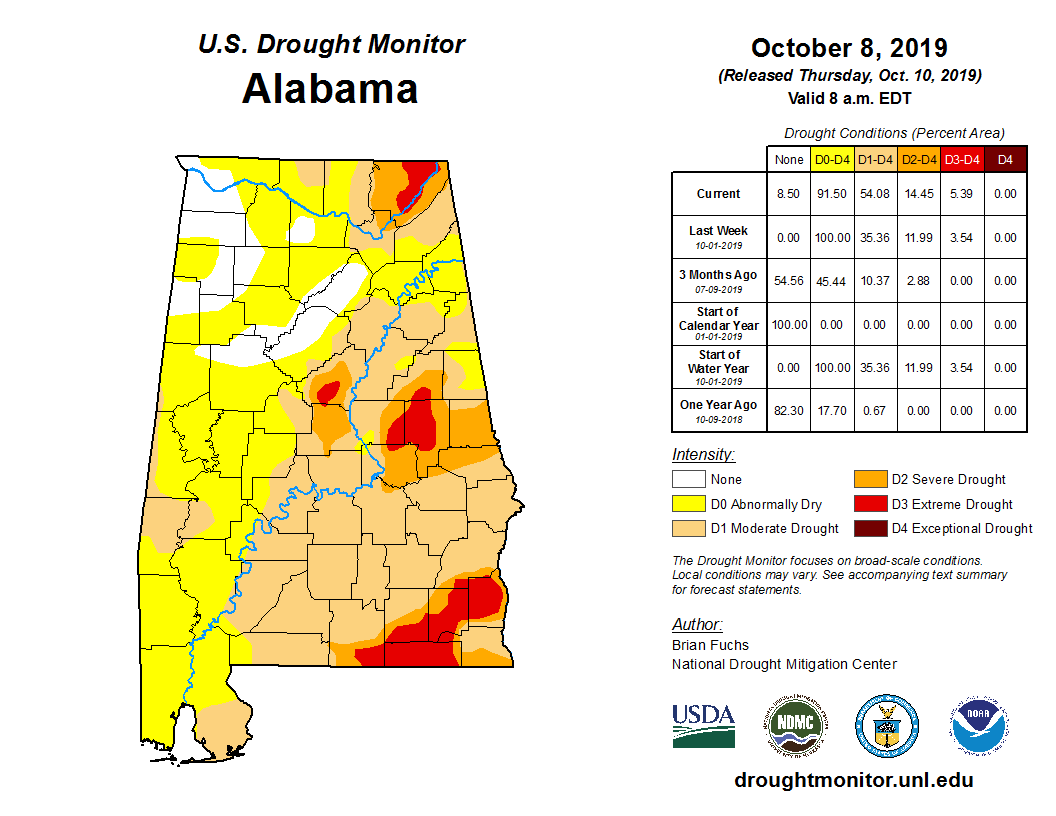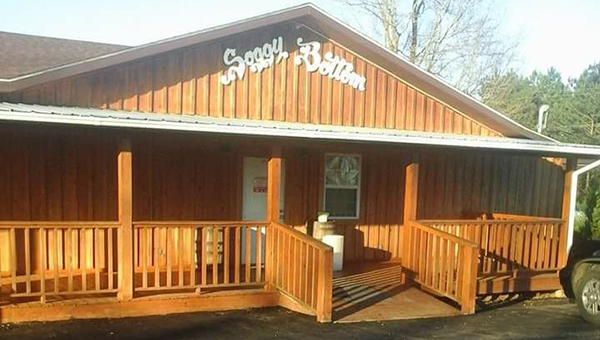Do you know the signs of child abuse?
Published 12:03 am Friday, April 10, 2015
It’s often called a hidden epidemic and it’s prevalent, tearing down children and families, but local agencies are working to help raise awareness and give victims the tools to fight child abuse.
In Covington County, there were 275 reports of child abuse last year, which includes sexual, physical and neglect. Of those, 81 reports were deemed to have sufficient evidence to advance with prosecution or to place children in foster homes.
Some 130 children were affected by these reports.
“Neglect is the largest number of those reports,” said Covington County DHR Director Lesa Syler. “A lot of it has to do with the drug activity in this county. Drug abuse leads to child abuse and neglect.”
Syler said oftentimes parents may manufacture drugs in the company of children or their drug use may cause them to be violent toward the children.
Other times, children go without meals because their parents are high on drugs and aren’t capable of providing meals for them.
“I always use this example,” she said. “We had three little girls who would get themselves up for school because they thought their mom was sick.”
Syler said the girls went to school and Drug Task Force agents acted on a tip, and they were able to determine that the girls had been neglected.
Syler said the children were placed in foster care outside of the county.
“That’s why we beg for local foster parents,” she said. “We try to provide as much normalcy for the children as possible.”
Syler said there’s a huge myth that DHR doesn’t allow spanking.
“Corporal punishment is a legal means of discipline,” she said. “Typical spanking isn’t what you’re seeing when it’s prosecuted. So many people say they can’t spank their child. That’s simply not true.”
Still, parents who beat their children or use excessive means of punishment are being prosecuted.
“When we have a child with bruises from the back to the legs,” she said. “That’s inappropriate and abusive.”
Syler said not all reported cases are abuse, but there is protocol in place for social workers to follow.
“When we receive a complaint, we must investigate,” she said. “You can look at the number and see that every complaint is not a case.”
Syler said social workers and law enforcement work together to investigate the cases.
Some red flags include:
• if a child discloses or makes statements that cause alarm;
• a child whose everyday, basic needs are not met. They don’t have food, or their clothing is unsuitable for the weather, or they have marks that are consistent with abuse.
Syler said sometimes children don’t know that abuse is unacceptable.
Chief Assistant District Attorney Grace Jeter, who prosecutes child abuse cases in the county, said this week that there were 16 cases disposed of in 2014 and 18 in 2013.
Jeter, who deals a lot with child sex abuse, said there isn’t necessarily a real definitive sign to child sex abuse.
“It really depends on the child, depends on their age and who the abuser is to them,” she said. “It’s usually someone the child knows, trusts and loves.”
Jeter said a red flag is if there is a dramatic change in the child.
“If he or she acts very different,” she said. “Or if a child begins wetting the bed or older children become promiscuous or are afraid of men.”
Still, Jeter said there’s no “A-B-C-D mold.”
Jeter said she sees more girls than boys who have been sexually abused, but there isn’t a huge discrepancy in those numbers.
Jeter said often adults don’t understand how children can continue to interact with their abusers.
“One aspect is because the molester is someone they trust,” she said. “They don’t like it, but they often still love that person and don’t want to get them in trouble. That’s not how adults think about things.”
Jeter said when a child is sexually abused their bodies and minds are subject to things they aren’t mature enough to handle.
“Their bodies heal up a lot quicker than their minds,” she said.
Many parents are unsure how to handle child abuse or many family, friends and neighbors are unsure when and how to report instances.
Jeter said that when a child discloses sex abuse, a parent should contact DHR or local law enforcement.
Then the process will begin to try to take care of the child’s needs and put them on a path to healing.
Syler said it’s important for people to understand that if they have a child with possible abuse issues that they should contact DHR.
“We don’t want them to think that they have to prove it,” she said. “We will investigate it.”
The newly opened Child Advocacy Center will play a vital role in helping children and families cope with the abuse. The entire process will be housed in the CAC, with a goal of making a difficult situation as comfortable as possible.
“Parents understandably don’t know what to do,” Jeter said. “Parents, too, need some help. They often feel guilty or think they should have known.”
Jeter said children who are abused often try to protect themselves, but also try to protect their parents.
“They don’t want to see Momma upset,” she said. “So, sometimes they don’t talk about it. Sometimes children forget about it because it’s not on the surface.”
However, Jeter said she’s only seen one instance of child completely burying her feelings.
“There was a child who was molested by someone very close to her,” she said. “Her defense mechanism has blocked out all memory of this person.”
Jeter said that’s why counseling is so important.
“It’s usually all underneath,” she said. “At some point they will talk about it.”
Children do have to testify in cases that go to trial for sex abuse, which Jeter said almost always go to trial.
The reason, Jeter said, is that child sex abuse cases carry stiff sentences and if offenders are released from prison they are forever labeled as a sex offender.
Jeter said she works with the children by taking them to the courtroom and explaining where they will sit when they take the stand, where the judge sits, and more.
“I also reassure them that the defendant won’t be close to them or be able to speak to them,” she said. “Sometimes little kids want me to be closer to them when I’m talking to them. We try to make it as comfortable as it can be for them.”
Child abuse isn’t only a problem in Covington County. The U.S. has one of the worst records among industrialized nations, with between four and seven children losing their lives to child abuse and neglect each day.
Nationwide, a report of child abuse is made every 10 seconds.
To report child abuse, call DHR at 334-427-7900.




